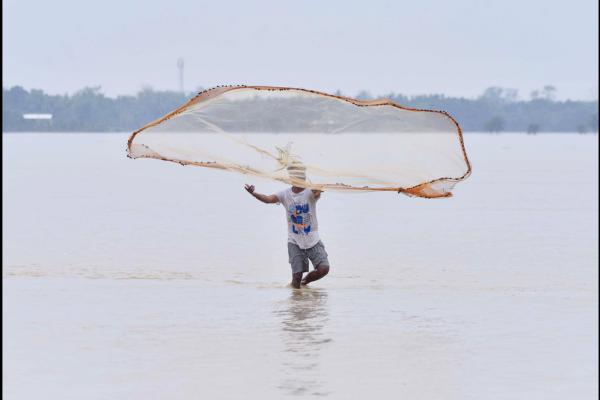Jun 5, 2025
Walking down a road paved with churches, I approach a large building whose bright orange awning beckons me from down the block. The establishment, Sea Town Fish & Meat Market, is staffed by neighborly workers who call me bebecita when I ask them to weigh my tilapia and salmon. I am there on yet another Friday morning to pick up fresh fish for one of my Lenten devotions: eating fish on Fridays.
Read the Full Article

Already a subscriber? Login
